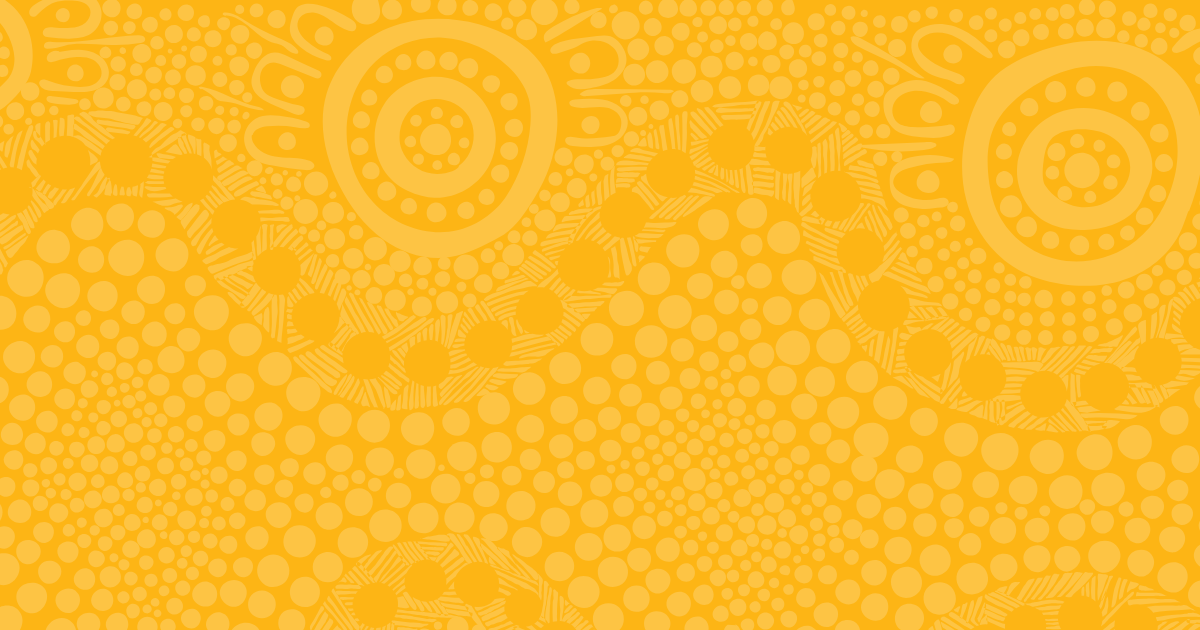National Sorry Day is celebrated around the country each year on the 26th of May. As the day approaches, there are Australians out there who are asking why we need to have such a day. Many of these people see Sorry Day as Aboriginal people stuck in the past and not being able move forward.
How very wrong they are.
Sorry Day acknowledges the past and recognises the trauma our people went through in the past, and continue to feel today. It is an official recognition of our Stolen Generations and their stories. It is a celebration of those affected and their resilience, strength and courage.
It is about acknowledging the past and healing the resulting trauma. It is about moving forward.
The first National Sorry Day was held in 1998, following a recommendation in the 1997 Bringing Them Home Report which recommended that a Sorry Day be celebrated each year. Aboriginal communities have embraced the day to come together to share stories, connect with others and ultimately contribute to healing. Healing for those effected by past policies and healing for our country which desperately needs to accept its true history; acknowledge the suffering resulting from colonisation; and allow Australia as a nation to grow.
Sorry Day is not about guilt. It is not about placing blame on today's generation for the actions of the past. It is the people who are stuck in this way of thinking that are unable to move forward because they can’t do so without accepting the past for what it truly was.
This is where education comes in. Schools who acknowledge Sorry Day in a culturally sensitive way, contribute to a shared understanding that supports recognition and healing. If your school needs support with Sorry Day resources, please get in touch because we can help.
There are Sorry Day events taking place all over the country this Saturday 26th May. All Australians are welcome to attend these events and share in the healing. If you have the time, go and check out an event close to you.

